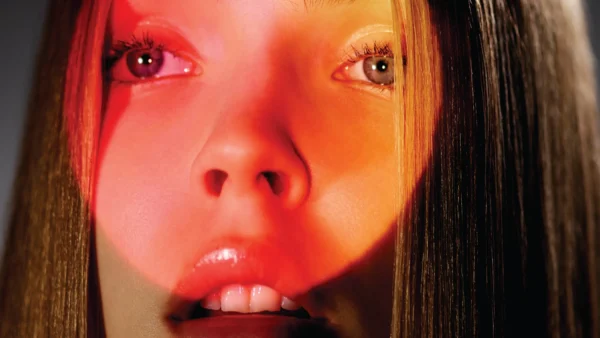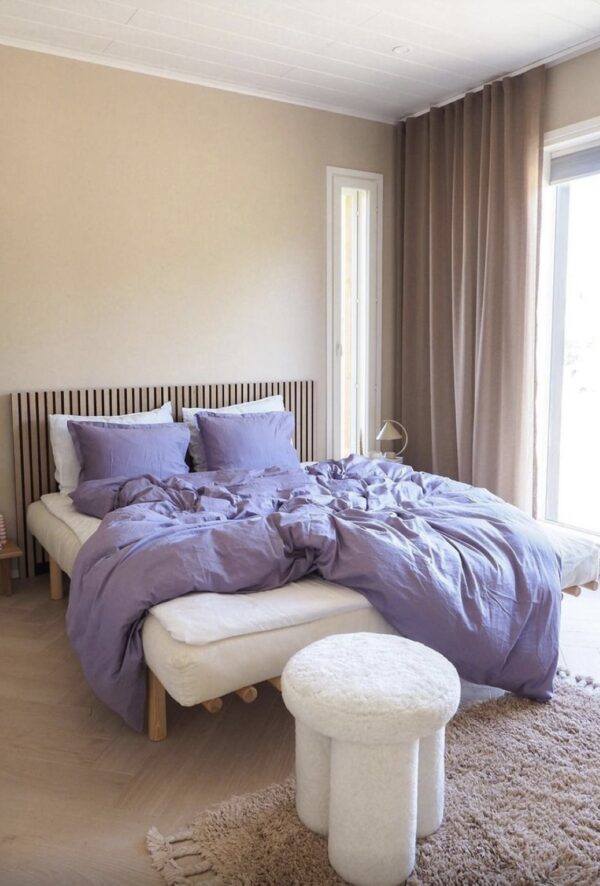
4 Warning Signs Your Bed Mattress Needs To Be Changed

Most mattresses feature a life of eight to ten years (if they are used as the default sleeping surface) after which their features start to fade. Still, just like us, each mattress ages in a unique way and the time to do the change will be different from one product to another.
So, to make sure your sleep doesn’t suffer because of your mattress, below are four warning signs that should send you shopping for a new bed.
In the pursuit of better sleep, exploring options like electric lift beds can offer not just comfort but also enhanced functionality. These beds allow for adjustable positions, enabling you to find the perfect angle for reading, watching TV, or sleeping.
With the ability to customize your sleeping surface, electric lift beds cater to a range of sleep preferences and can alleviate common discomforts associated with traditional mattresses. By upgrading to an elite bed that combines innovative design with personal comfort, you can significantly enhance your sleep experience.
When you notice any of the warning signs that your mattress is past its prime, consider making the switch to a more adaptable solution that ensures you wake up feeling refreshed and ready to tackle the day.
#1: You are Tired all the Time
Yes, it’s normal for a strong, independent woman to feel the pressure of modern life. However, if you don’t remember the last time you had a good nights sleep it may be more than stress and your busy lifestyle.
The Tired all the Time syndrome shows up when your mattress doesn’t offer great back support and comfort anymore. So, test this theory by sleeping somewhere else for a few nights. If you feel better after changing the bed, then it’s time for a new mattress. Here is a great post on getting the right mattress for yourself.
#2: You Wake up With Pain
According to health and sleep specialists, the spine should decompress during the night. This releases any pressure accumulated during the day and alleviates any pain in the discs or muscles. However, if the mattress doesn’t keep your spine aligned, the pressure can’t be released and you get up in the morning feeling stiff and in pain.
So, if you’re experiencing lower back, neck, and shoulders pain when you wake up, it may mean that your bed is slowly giving up on you. Read more here about the type of back support offered by each type of mattress and its efficiency.
#3: You Sneeze a Lot Lately
If it’s not allergy season and you’re not usually allergic but you sneeze and you have stuffed sinuses in the morning, it may be your mattress. Regardless of how well you clean it, the surface will gather all sorts of debris in time. From dust mites to dust to fungi, your mattress is a reputable collection of allergens that affect the quality of sleep and your general state of health.
Of course, there are mattresses offered by LightSleeper that are natural filters of said allergens, so if you have a 100% organic latex mattress, there may be a different cause for your problems.
#4: There is Sagginess
Sagginess is a definite sign that your bed won’t be with you for long. Even more, this is a visible problem so you don’t have to think too much about it. If you see a depression in the area where you’re usually sleeping, the surface is starting to lose its integrity and it will most likely keep you up at night.
Sagginess usually shows up in old mattresses, but if you bought a low-quality product from the start, it will show up sooner (in the first 5 years of constant use). However, I should note that memory foam mattresses don’t visibly sag – the foam is still pretty flexible to maintain a fresh-looking surface. However, the foam layer inside is usually in lower density and will give up before the outer layer, creating a hammock-like sensation.
Overall, there are many factors in the bedroom that could influence your sleep but the mattress is one of the most important elements. Take care of it and make sure to check its integrity from time to time, if you want a good night sleep!













































